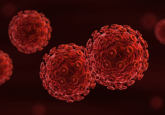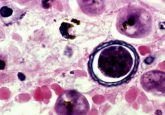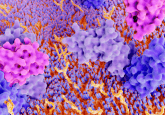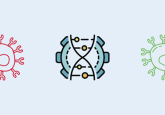Suppressing the immune system improves pancreatic cancer treatment
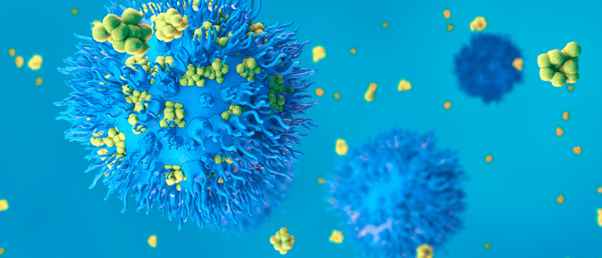
Researchers have successfully increased survival rates in pancreatic cancer mouse models by blocking a key pathway in the immune system, which more than doubled survival.
The first phase of a national clinical trial is due to launch, testing a novel pancreatic cancer therapy using a protein inhibitor that suppresses the immune system and makes cancer cells more susceptible to immunotherapy and chemotherapy. The trial follows research done by a team from Washington University at the Siteman Cancer Center (MO, USA), which showed increased survival rates in mouse models of typically treatment-resistant and aggressive pancreatic cancer when treated with immunotherapy and the protein inhibitor together.
Pancreatic ductal adenocarcinoma is a deadly, aggressive cancer that is resistant to typical cancer treatments and leaves patients with few options. Researchers have discovered that this is due to chronic inflammation, which causes an aggravated response from surrounding T cells. The inflammation causes ‘T cell exhaustion’ and reduces their ability to fight cancer cells.
 How does the immune system self-regulate?
How does the immune system self-regulate?
Researchers have been studying regulatory T cells – named Tregs – and discovered that they control our immune response in two different waves.
The driving factor of chronic inflammation in pancreatic cancer is a protein called IRAK4 that operates in a pathway called NF-kappaB. This pathway plays a crucial role in regulating the immune response to infection. “With this therapy, we are going after a pathway that we know is involved in driving the aggressiveness of pancreatic cancer,” explains Kian-Huat Lim, the principal investigator for the upcoming trial. In patients with certain cancers, the NF-kappaB pathway becomes overexpressed, and the immune response goes into overdrive. This ‘T cell exhaustion’ causes immune evasion and innate abilities to recognize and fight cancer are suppressed.
Using an IRAK4 inhibitor called CA-4948, the researchers found that they could stop NF-kappaB pathway activation, the first therapy of its kind to do so. Suppressing the immune response gives space for the T cells to do their job and the researchers found that survival more than doubled when the IRAK4 inhibitor was used in conjunction with immunotherapy or chemotherapy, compared to placebo and chemotherapy-only groups.
With hopes to find a treatment for patients with this aggressive form of pancreatic cancer, the next steps are to launch the clinical trial, with 50 patients enrolled across the USA.

